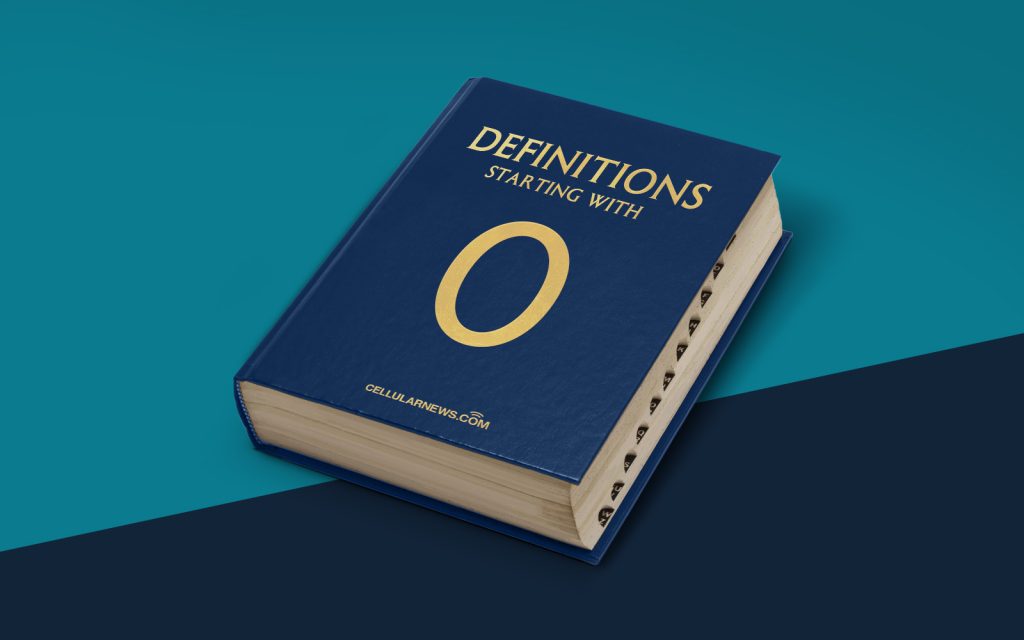
Understanding the Open Internet (OI)
Have you ever wondered what exactly the Open Internet (OI) is? In an era where the internet plays such a crucial role in our daily lives, it’s essential to familiarize ourselves with the terminology that surrounds it. In this blog post, we will delve into the world of the Open Internet and explore its meaning, importance, and implications.
Key Takeaways:
- The Open Internet (OI) refers to the principle that all internet traffic should be treated equally.
- It ensures that no internet service provider can discriminate or favor certain types of content or users over others.
Defining the Open Internet
The Open Internet (OI) is a concept that advocates for keeping the internet accessible and free from any form of discrimination. It embodies the principle that all internet traffic should be treated equally, regardless of its source, destination, or content. This means that no matter where you are or what website you’re accessing, the data you send and receive should be treated without bias or preference.
In simpler terms, the Open Internet guarantees a level playing field for all users and content providers. It ensures that internet service providers (ISPs) do not have the power to control or manipulate the information flowing through their networks. This principle is crucial for maintaining a fair and open digital environment.
Why the Open Internet Matters
The Open Internet is paramount for fostering innovation, competition, and freedom of expression online. Here’s why it matters:
- Equality: The Open Internet ensures that all users, regardless of their location, socioeconomic status, or affiliations, have equal access to the vast resources available online. It prevents any form of discrimination and promotes inclusivity.
- Innovation: By treating all internet traffic equally, the Open Internet allows for innovation to thrive. Startups, entrepreneurs, and content creators have an equal chance to compete and succeed, leading to a diverse and vibrant online ecosystem.
- Freedom of Expression: The Open Internet guarantees that everyone has the right to express themselves freely online. It prevents ISPs from censoring or limiting access to certain types of content, ensuring that information flows freely and without interference.
- User Empowerment: The Open Internet empowers users to explore, learn, and participate in the digital world without barriers. It allows individuals to access the content of their choice, connect with others, and engage in online activities without restrictions.
The Need to Protect the Open Internet
While the Open Internet has facilitated immense progress and democratization of information, it also faces challenges. Some actors may attempt to violate the principles of the Open Internet for various reasons, such as commercial interests or control over communication. This highlights the need for regulations and policies that safeguard net neutrality and preserve the open nature of the internet.
In conclusion, the Open Internet (OI) is the foundation of a fair, innovative, and inclusive digital space. It ensures that all users are treated equally, fosters innovation, promotes freedom of expression, and empowers individuals in the online world. By protecting the principles of the Open Internet, we can continue to enjoy a free and open internet for generations to come.
